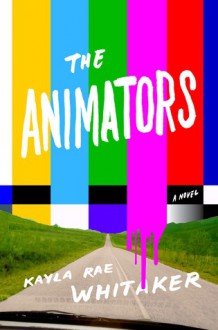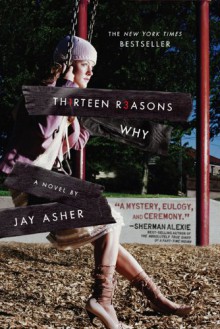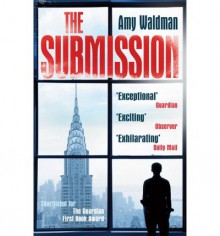
The Animators struck a deep chord with me on two levels: as an artist and as best friend to a fellow artist. If you are either, you'll likely love this novel as I did.
Funny and engaging from the first page, The Animators starts with our narrator, Sharon, in college, where she meets the charismatic Mel Vaught. Both are aspiring animators who are into the same shit and share an aesthetic; both come from poor, rural southern U.S. backgrounds. Many of us in the arts could identify that time when we learn we're not actually outsiders, that others share our interests; college tends to be a place where we find our tribe.
But this is not a novel about being a college arts student. The narrative quickly brings us to a present where Sharon and Mel have made a successful indie animated feature that centers on Mel's life. They live together in New York City. Mel drinks and does a lot of drugs; she's the life of the party. Sharon...is not. She spends a lot of time and emotions angsting over her latest romantic interest, of which there are many.
Tension develops between the two, much of it, from Sharon's perspective, owing to Mel's lifestyle. There's a blowout, followed by a shocking, life-altering health crisis for one of them. It's a reset that leads them on a path to mining Sharon's childhood for their next project. This raises very real questions artists face about using their lives in their art in ways that may hurt loved ones. I wasn't quite satisfied by the resolution to this issue, but I appreciated its being seriously considered.
This book excels at depicting partnerships between women, their working lives as artists, and craft. The prose is engaging, the characters vivid, and there are some heartbreaking and harrowing moments. Even if you're not an artist or friends with one, I can't imagine Whitaker's (first!) novel not winning you over from page one.

 Log in with Facebook
Log in with Facebook 








